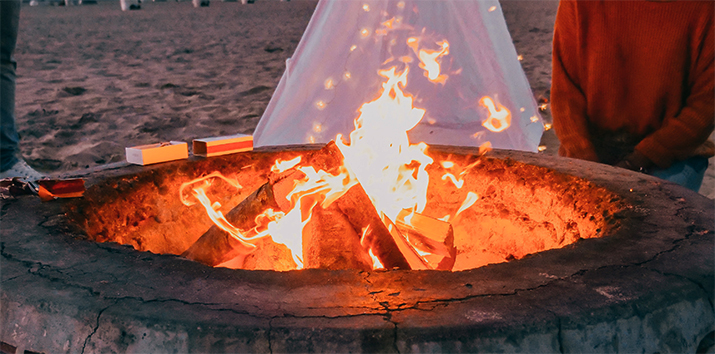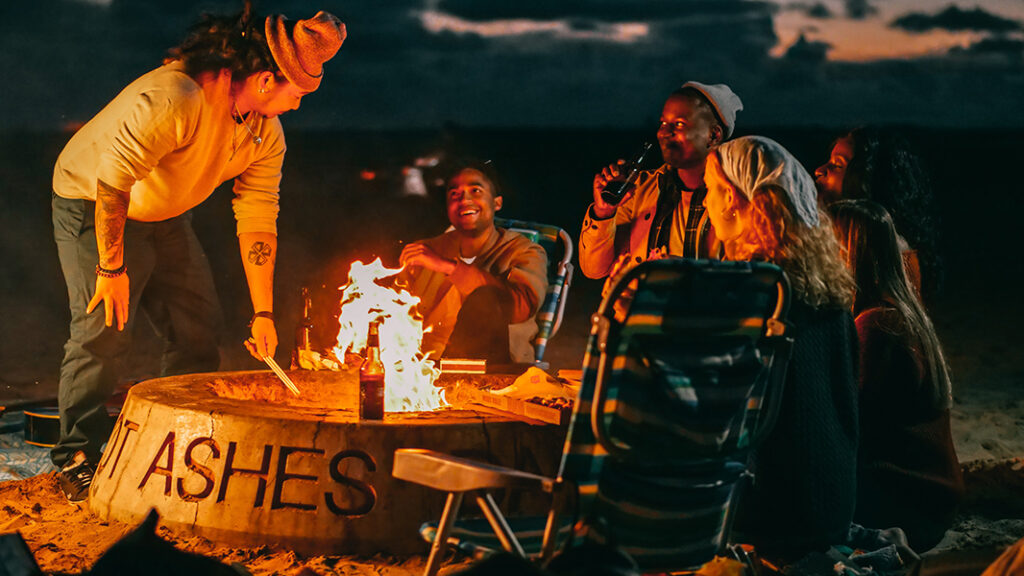Is Having a Bonfire on the Beach Illegal
The legality of having a bonfire on the beach depends on the specific beach and the local laws and regulations. In some areas, beach bonfires are allowed with proper permits and under certain conditions, while in other areas they may be strictly prohibited.
It is important to research and follow local laws and regulations before starting a bonfire on the beach. This may involve obtaining permits, following specific rules such as the time of day when bonfires are allowed or the type of materials that can be burned, and ensuring that the fire is properly extinguished after use.
Additionally, it is important to consider the environmental impact of beach bonfires, as they can leave behind litter and damage sensitive ecosystems. Always clean up after yourself and dispose of any trash properly.
To summarize, the legality of having a bonfire on the beach varies depending on the location and local laws and regulations. Before starting a bonfire on the beach, it is important to research and follow the rules and regulations and consider the environmental impact of the fire.
Bonfires on the beach
Bonfires on the beach can be a fun and memorable activity, but it’s important to be aware of the potential hazards and environmental impacts. Here are some things to keep in mind:

- Check local regulations: Before starting a bonfire on the beach, check with the local authorities to ensure that it is allowed. Some beaches may have specific regulations regarding fires, including where and when they can be lit, the size of the fire, and the type of fuel that can be used.
- Choose a safe location: Select a location that is a safe distance from buildings, trees, and other flammable objects. Ensure that the area is clear of debris and dry grass that could easily catch fire.
- Use a fire pit: If possible, use a designated fire pit or create your own using rocks or a metal container. This will help contain the fire and prevent it from spreading.
- Use appropriate fuel: Use only clean-burning fuel, such as untreated wood or charcoal, and avoid using materials that can release toxic fumes or produce excess smoke.
- Bring fire safety equipment: Bring a fire extinguisher, a bucket of water, and a shovel to extinguish the fire if necessary. Make sure everyone knows how to use the equipment and that it is easily accessible.
- Clean up after yourself: After the fire has been extinguished and the ashes are cool, clean up all debris and dispose of it properly. Leave the beach as clean as you found it.
In summary, having a bonfire on the beach can be a fun and enjoyable activity, but it’s important to prioritize safety and respect the environment. Always check local regulations, choose a safe location, use appropriate fuel, bring fire safety equipment, and clean up after yourself to ensure a safe and enjoyable experience for everyone.
In Conclusion
Whether or not beach bonfires are legal can vary depending on the location and jurisdiction. In many areas, beach bonfires are considered illegal due to the potential for damage to the environment and public safety concerns. However, there are also places where beach bonfires are allowed with proper permits or in designated fire rings, and strict regulations are in place to ensure that these fires are safe and do not harm the environment. It is important to check the local regulations before having a beach bonfire and to always follow safety precautions

